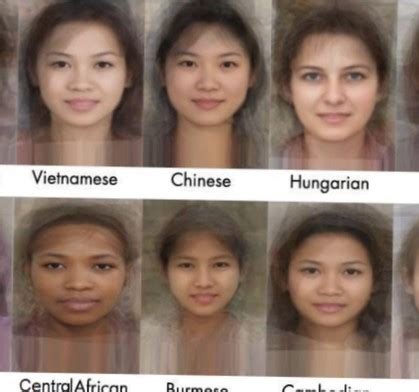Introduction

China and Vietnam, two neighboring countries in Southeast Asia, share a rich cultural and historical legacy. However, their distinct ethnicities, languages, and customs have shaped their unique identities and perspectives. This comparison aims to provide a comprehensive analysis of the differences and similarities between the two nations, exploring various aspects of their societies, economies, and global influence.
Historical Context
China’s history spans over 5,000 years, establishing it as one of the world’s oldest civilizations. Vietnam, on the other hand, dates back to around 2,000 years ago. Both countries have experienced periods of imperial rule, dynasties, and foreign invasions. The impact of Confucianism on Chinese society and the influence of French colonialism on Vietnam have played significant roles in molding their respective cultures.
Demographics
China is the world’s most populous country, with a population of over 1.4 billion people. In contrast, Vietnam has a population of approximately 97 million. The population density in China is significantly higher than in Vietnam, with 145 people per square kilometer compared to 291 people per square kilometer.
Languages
The official language of China is Mandarin, spoken by the majority of the population. Additionally, there are numerous regional dialects and minority languages spoken throughout the country. Vietnam’s official language is Vietnamese, a tonal language influenced by Chinese, Khmer, and Austronesian languages.
Culture
Chinese and Vietnamese cultures share similarities rooted in Confucian values and Buddhist traditions. However, each country has evolved its unique customs and beliefs. Chinese culture places a strong emphasis on family, education, and respect for authority. Vietnamese culture values community, collectivism, and the importance of spirituality.
Economy
China is the world’s second-largest economy, with a GDP of over $15 trillion. Vietnam’s economy ranks 44th globally, with a GDP of approximately $343 billion. China has a robust manufacturing sector and is a major exporter of goods, while Vietnam is emerging as a manufacturing hub and has a growing services sector.
Global Influence
Both China and Vietnam play significant roles in regional and global affairs. China is a permanent member of the United Nations Security Council and a dominant economic force in East Asia. Vietnam is an active member of the Association of Southeast Asian Nations (ASEAN) and has been strengthening its diplomatic and economic ties with countries around the world.
Pros and Cons
China
Pros:
- Large and rapidly growing economy
- Global economic and political power
- Rich cultural and historical heritage
- Access to a vast domestic market
Cons:
- Environmental challenges
- Income inequality
- Limited political freedoms
- Human rights concerns
Vietnam
Pros:
- Fast-growing economy with strong potential
- Young and dynamic population
- Vibrant and diverse culture
- Relatively low cost of living
Cons:
- Corruption and inefficiency
- Lack of skilled labor in certain industries
- Environmental pollution
- Limited political pluralism
Common Mistakes to Avoid
When comparing China and Vietnam, it is important to avoid the following common mistakes:
- Overgeneralizing: Both countries have vast diversity within their societies.
- Ignoring historical context: The historical experiences of each country have shaped their present-day realities.
- Making assumptions: Avoid relying on stereotypes or preconceptions about either country.
- Focusing solely on economic factors: While economics is important, it is not the only measure of a country’s well-being.
- Ignoring cultural differences: The cultural differences between China and Vietnam should be respected and understood.
Conclusion
China and Vietnam are two fascinating and distinct nations with a complex and intertwined history. While they share some similarities, their differences in culture, language, economy, and global influence make them unique and important players in the Asia-Pacific region. Understanding these differences can help us appreciate the rich diversity of human societies and build bridges between cultures.
